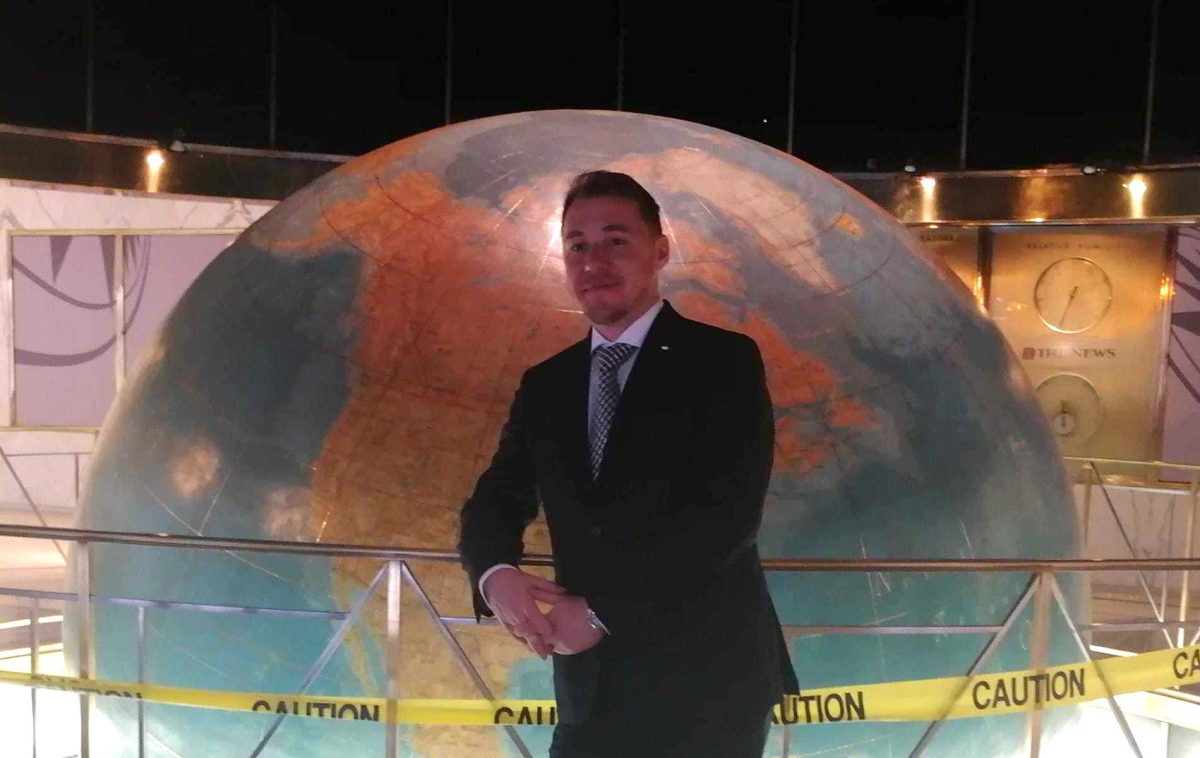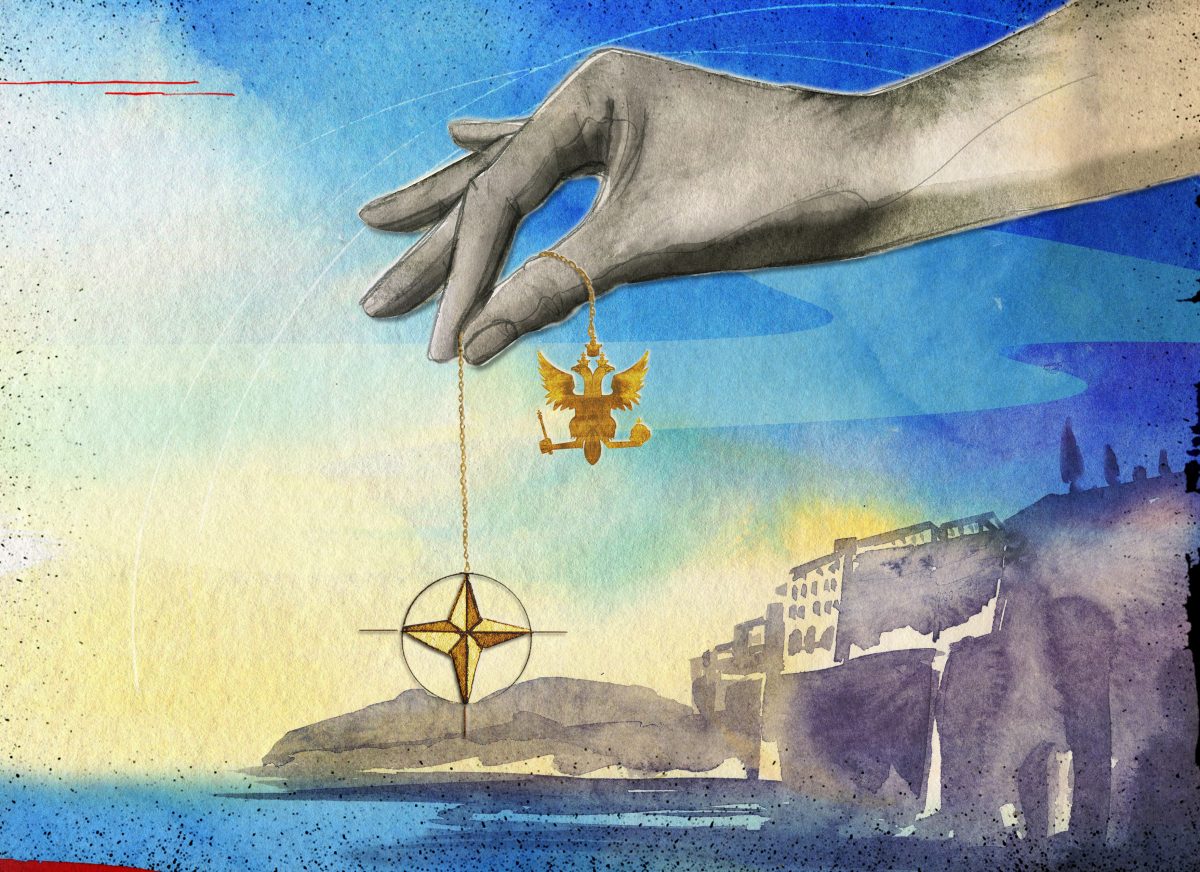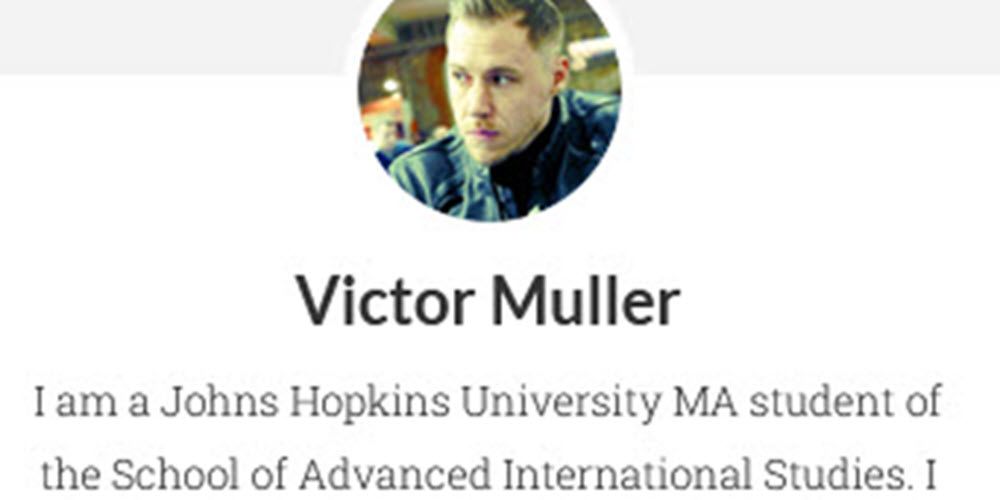Anatoliy Chepiga Is a Hero of Russia: The Writing Is on the Wall
After Bellingcat disclosed the identity of one of the two Skripal poisoning suspects as Anatoliy Chepiga, a highly decorated colonel working for Russia’s military intelligence, Russian authorities responded with a string of vehement denials.
The spokesperson for the Ministry of Foreign Affairs initially called Bellingcat’s report “nonsense” and claimed it’s part of a disinformation campaign steered by Western governments. As of 1 October 2018, Maria Zakharova continued to insist on her Facebook page that Boshirov and Chepiga are different people. Following an initial acknowledgement that the Kremlin may not have been fully informed on the matter, Vladimir Putin’s spokesman Dmitry Peskov stated to the press that “there is no data that the Hero of the Russian Federation has been awarded to [anyone named Anatoliy Chepiga.]”
Peskov also played down reporters asserting startling facial similarities between “Boshirov” and Chepiga, as shown in Bellingcat’s report, saying that the similarities are in fact trivial and likely coincidental.
However, the Kremlin’s denials rang exceedingly hollow against mounting additional evidence corroborating Bellingcat’s report that was being unearthed by media organizations and open-source investigators alike.
At least five different media outlets — two Russian and three based in Europe — succeeded in tracking down people who knew Anatoliy Chepiga before or during his military studies. Overwhelmingly, these sources confirmed that the person who was interviewed on RT was Chepiga, and, furthermore, that Chepiga had been awarded the highest state award.
At the same time, media outlets sought additional ways to obtain objective, open-source evidence that Chepiga is indeed “Boshirov,” and the recipient of the Hero of the Russian Federation award. This search for evidence ran against a parallel process of destruction of open-source evidence: several articles that previously mentioned Chepiga in Russian publications were deleted shortly after Belingcat’s report was published.
One of the most promising open-source leads was proposed by reporters from Prague-based Radio Svoboda, who trawled through hundreds of photo and video galleries of visitors to, or students at, the Far-Eastern Military Academy (abbreviated as DVOKU in Russian), to find a high-quality photograph of the school’s Wall of Heroes. From various photographs it could be seen that the wall is decorated with portraits of alumni who have received the Hero of the Russian Federation award. Many photographs discovered by Radio Svoboda showed a portrait at the far end of the wall that resembled Chepiga. This extra portrait appeared at some point between 29 July 2014 – the last time the wall is pictured without Chepiga – and 18 March 2016, when a photo gallery shows the extra portrait.

Last publicly available photo of the Wall of Heroes at DVOKU without Chepiga’s portrait, from a closed OK group, photo dated July 2014

Photograph posted on OK on 18 March 2017, showing Anatoliy Chepiga added in the last full column next to the Gold Star.
However, no photograph found until today showed the last column of photos in sufficiently high resolution to be able to identify the face of the colonel.
Today, Bellingcat obtained a photograph, posted on the Russian social network Odnoklassniki (OK) by a visitor to the school in June 2017, which displays the face and name of Col. Chepiga with sufficient quality to make identification possible:

Wall of Fame at DVOKU: Portraits of all school alumni awarded Hero of Russia. Anatoliy Chepiga is in the middle row in the penultimate column, with Alexander Popov (who also received the award in 2014) in the last column

A comparison of the portrait of Colonel Anatoly Chepiga with a screenshot of “Ruslan Boshirov” as shown on RT
This new photo, seen against the backdrop of a mountain of additional evidence, will present a fresh challenge to Russian authorities who can no longer credibly deny — or even equivocate — that it was Colonel Chepiga who, in his own words, travelled to and back from Salisbury, and that he was furthermore the recipient of the Hero of the Russian Federation award, traditionally presented by the Russian president himself.
The Bellingcat team would like to express our gratitude to everyone who provided tips and leads for this investigation. We encourage our readers to continue sending confidential tips at contact@bellingcat.1eye.us


